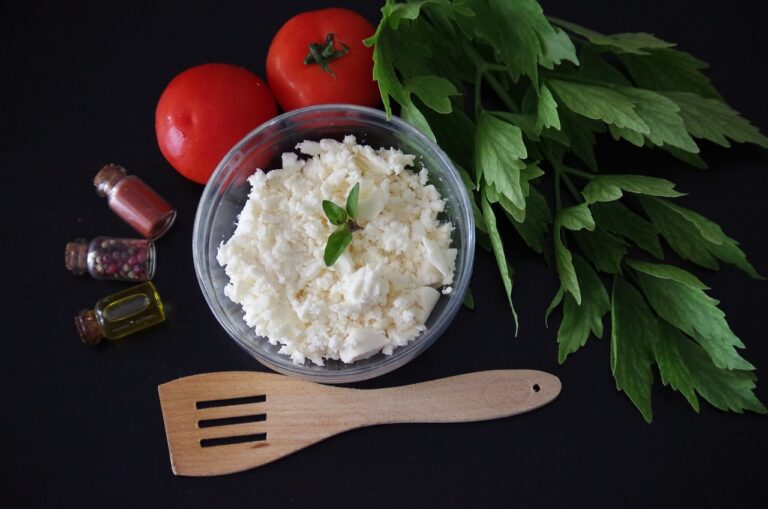Food as Medicine: Exploring Nutritional Healing
Nutritious foods have long been known for their ability to promote well-being and healing within the body. The vitamins, minerals, and antioxidants found in whole foods like fruits, vegetables, whole grains, and lean proteins play a crucial role in supporting the body’s natural defenses and promoting overall health. Incorporating a variety of nutrient-dense foods into your diet can help boost your immune system, increase energy levels, and reduce the risk of chronic diseases.
From reducing inflammation to supporting digestive health, the healing power of nutritious foods is evident in their ability to address a variety of common health concerns. Foods rich in omega-3 fatty acids, such as fatty fish and walnuts, have been shown to improve heart health and reduce the risk of cardiovascular disease. Similarly, incorporating probiotic-rich foods like yogurt and kefir can help maintain a healthy gut microbiome, which is essential for proper digestion and immune function. By making mindful choices when it comes to the foods we eat, we can harness the healing potential of nutrient-dense foods to support our overall health and well-being.
The Connection Between Diet and Health
When it comes to our health, the food we consume plays a crucial role. A balanced and nutritious diet is essential for maintaining overall well-being and preventing various diseases. Studies have shown that a diet high in fruits, vegetables, whole grains, and lean proteins can help reduce the risk of chronic conditions such as heart disease, diabetes, and obesity.
On the other hand, a diet high in processed foods, sugars, and unhealthy fats can have detrimental effects on our health. These foods are often calorie-dense but nutrient-poor, leading to weight gain and an increased risk of developing various health problems. By making conscious choices about the foods we eat, we can positively impact our health and well-being in the long run.
Specific Foods for Common Ailments
When it comes to easing digestive issues such as bloating and indigestion, opting for foods rich in probiotics like yogurt, kefir, and sauerkraut can be beneficial. These foods help promote a healthy gut flora and aid in better digestion. Additionally, incorporating fiber-rich foods like whole grains, fruits, and vegetables can also help alleviate constipation and promote regular bowel movements.
For those struggling with inflammatory conditions like arthritis, adding anti-inflammatory foods such as fatty fish (salmon, mackerel), turmeric, and nuts to their diet can help reduce inflammation and ease joint pain. The omega-3 fatty acids in fatty fish, curcumin in turmeric, and antioxidants in nuts all play a role in combating inflammation in the body.





